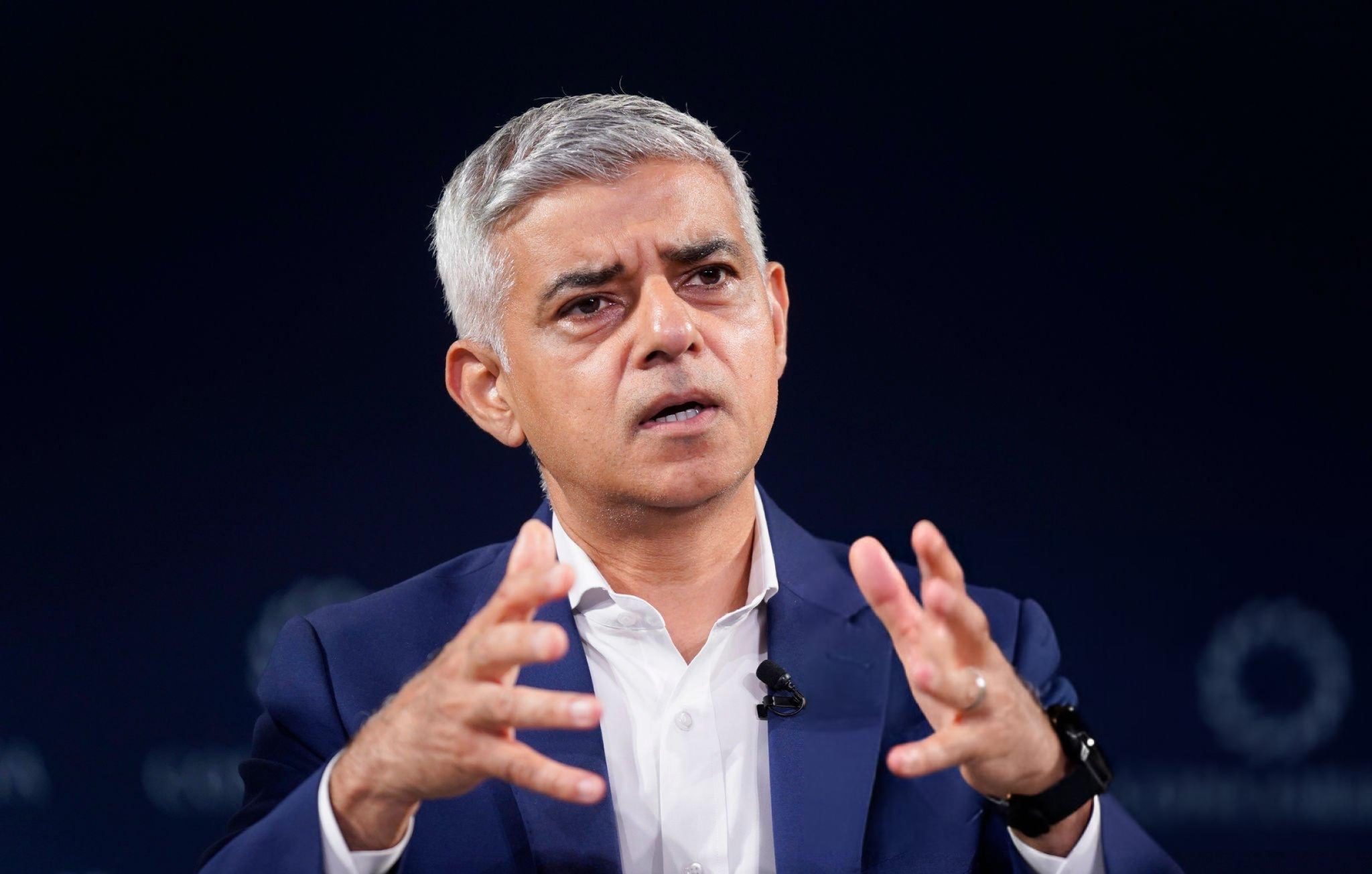London is standing at a pivotal moment. The capital is confronting an array of headwinds — from the economic fallout of a second Trump presidency to the enduring consequences of Brexit. At the same time, it is grappling with the daily pressures of rapid population growth, with over nine million residents and rising demand for housing, education, healthcare, and public transport.
Yet despite its size, complexity, and economic clout, London’s government remains worryingly underpowered compared to other major world cities such as Paris, New York, or Tokyo. This must change — and change now.
The Mayor of London should have the powers equivalent not only to global peers, but at the very least to those devolved to the governments in Wales and Scotland. And beyond that, we should embrace a model of “double devolution”: empowering not just City Hall but also London’s 32 boroughs and neighbourhoods, which are closest to local people.
Let’s start with mayoral powers. While the Scottish and Welsh governments have a degree of control over income tax rates, London — soon to have a larger population than both combined — remains reliant on central government for nearly all major decisions. This severely limits its ability to tailor services to local needs, particularly in vital areas like health, social care, and education.
Giving the London Mayor direct control over these sectors would not only enable better integration and more strategic planning, but also improve efficiency. Prevention-focused services could save money in the long run and better outcomes for Londoners could be delivered by cutting through bureaucratic silos. Equally, long-term capital investment in areas such as housing and transport must stop being a game of political roulette with the Treasury.
Of course, this opens the long-avoided debate on fiscal devolution. But now is the time to confront it head-on. The London Finance Commission, led by Professor Tony Travers, has already done the groundwork. It proposed devolving revenue from stamp duty, property-related capital gains tax, business rates and council tax — all of which are directly relevant to London’s economy. This would give the capital more autonomy to meet its challenges and plan for the future with confidence.
Even if these fiscal powers were granted, it wouldn’t be enough. The capital needs a second layer of devolution. Boroughs must not merely be treated as administrative arms of the Greater London Authority (GLA), but as democratic institutions in their own right. Real decision-making power should be passed to the neighbourhood level, where evidence shows public health and other interventions can have the greatest effect.
It has now been 25 years since the first London Mayor was elected and the GLA created. While there have been shortcomings — concerns over rising crime and the ongoing shortage of affordable homes — the system has endured. Importantly, the role of the directly elected mayor has proven its worth, especially in delivering a cohesive, London-wide transport system, including the Elizabeth Line and ULEZ, despite some controversies.
London’s Mayors — from Livingstone and Johnson to Khan — have all been vocal and visible on the world stage, helping secure investment and growth. Yet they remain shackled by an overly centralised system. As it stands, City Hall manages economic development, planning, housing, transport and policing — but too often with hands tied behind its back by Whitehall.
The Government’s 2024 Devolution White Paper made encouraging noises. It promises an “integrated settlement” and “shared decision-making” between the Mayor and Boroughs. But it falls short of granting genuine new powers. Rather than true devolution, it proposes delegation — giving the Mayor a pre-allocated budget while still dictating how it’s spent.
This undermines the very idea of local democracy. Londoners want and deserve a government that sets its own priorities, responds to local needs, and is directly accountable to the people it serves.
With London generating more than one-fifth of the UK’s GDP, the capital’s success is vital to the entire country. The UK remains one of the most centralised nations in the G20. But this moment offers a real opportunity to reset the balance.
A bold, far-reaching devolution settlement would not only unlock London’s full potential but serve as a blueprint for empowering other regions too. It’s time to give London the powers it needs — and deserves — to face the future with confidence.






